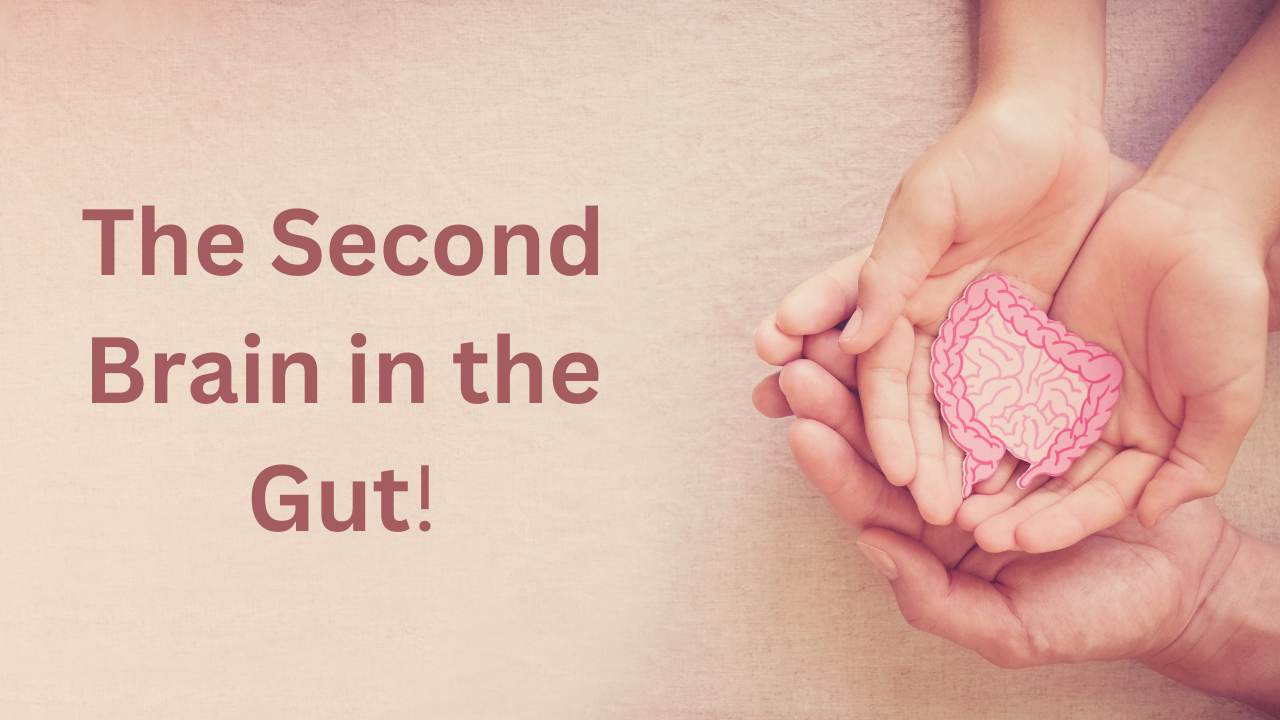The Second Brain in the Gut

Supporting Kids Gut Health
Interwoven within the wall of the gut is the second largest part of the nervous system called the Enteric Nervous System (or ENS for short). The ENS that resides in the gut is directly connected to the brain in our head.
To try and keep this simple, we will call the brain up in the head the main brain and the brain in the gut our second brain. In fact, scientists have already nicknamed the gut the second brain because of the massive amount of information it processes on a daily basis. We need both of these brain’s, they function differently but they work together.
The second brain in the gut can’t complete a crossword puzzle or write a shopping list. It’s not capable of the type of thoughts that we associate with the main brain. Instead, it has a completely different set of essential functions to perform within the digestive system. In fact, the gut multitasks so many different jobs, it is the only organ that requires its own brain to work out how to complete them all.
When the Gut Speaks the Brain Listens
The main brain in the skull and the second brain in the gut are connected by an extensive network of billions of nerve cells. These nerve cells transmit information and allow the main brain to communicate to various compartments within itself and also send messages to other parts of the body. This is essentially how the main brain oversees and monitors the thousands of functions it carries out within the body on a daily basis such as walking, talking, breathing and maintaining a regular heartbeat.
The Super-Highway
It’s these nerve cells that provide a framework to transport information backwards and forwards along a super-highway between the gut and the brain. These cells are collectively called the Vagus nerve. However, the popular saying ‘what happens in Vegas stays in Vegas’ is not the case here. The brain and the gut are constantly chattering to each other conveying messages up and down the superhighway from the brain to the gut. This allows the brain to act as a watchdog, to supervise the complex daily functions of the gut. They work in unison to perform the complicated tasks of digesting food, regulating appetite and metabolism, releasing enzymes to breakdown food, absorption of nutrients and the eventual elimination of wastes.
And… The Brain Talks Back to the Gut
We have all experienced the sensations of the brain communicating with the gut, maybe without realising it. Most of us can relate to feelings of nausea, butterflies in the pit of our stomach or that gut-wrenching feeling that accompanies anxiety and nervousness. When our brain registers that we are out of our comfort zone, the gut instantly registers this information which results in uncomfortable gut sensations like the ‘butterflies’ in the tummy we associate with being in a stressful situation.


